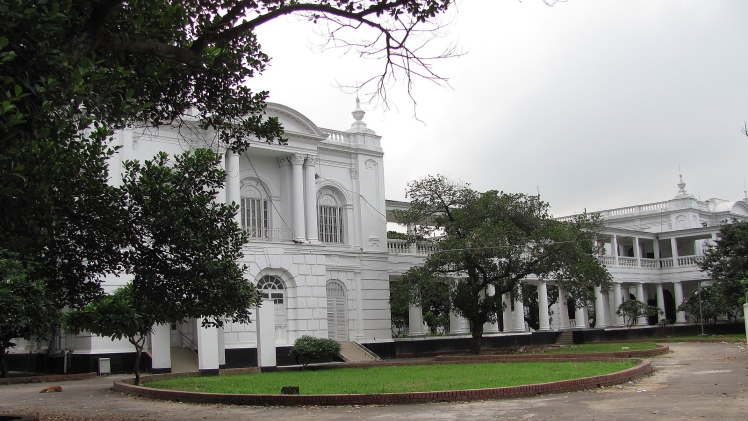The Legalization of International Monetary Affairs
Sovereign control over money is one of the most closely guarded national prerogatives.1 Creating, valuating, and controlling the distribution of national legal tender is viewed as an inherent right of a nation-state in the modern period. Yet over the course of the twentieth century, international rules of good monetary conduct have become ‘‘legalized’’ in the sense developed in this volume. This historic shift took place after World War II in an effort to bolster the confidence that had been shattered by the interwar monetary experience.Watch online movies here los movies
My premise is that legalization of international monetary relations helps governments make credible policy commitments to market actors. As I will argue, the central mechanism encouraging compliance is the desire to avoid reputational costs associated with reneging on a legal obligation. As Kenneth Abbott and Duncan Snidal suggest in this volume, legalization is a tool that enhances credibility by increasing the costs of reneging.More Movies Download from here Skymovieshd
World War I disrupted not only the economic relationships but also the domestic political and social stability that underlay the confidence in the gold standard.6 As a result, the interwar years were a ‘‘largely unsuccessful groping toward some form of organizational regulation of monetary affairs.’’7 Increasingly, the major governments turned to negotiated agreements that had the feel of ‘‘soft law’’ as described by Abbott and Snidal.
Virtually every important exchange-rate decision made in the interwar years was made unilaterally. On 21 September the British government implemented the Gold Standard (Amendment) Act of 1931, suspending payments of gold against legal tender and officially leaving the gold standard. Even as multilateral negotiations were in progress, the Roosevelt administration unilaterally imposed exchange controls and an export embargo
Conclusions
The legalization of some central aspects of the international monetary regime after World War II allows us to examine the conditions under which law can influence the behavior of governments in the choice of their international monetary policies. Historically, this policy area has been devoid of international legal rules.
This site topbusinesspaper investigation all categories of updated news around the world.
Here you can go newsincs.com where you can collect the most current latest news from iblogzone.net. By the way, this linkody.net site also enquiry the recent headline news around the world.




